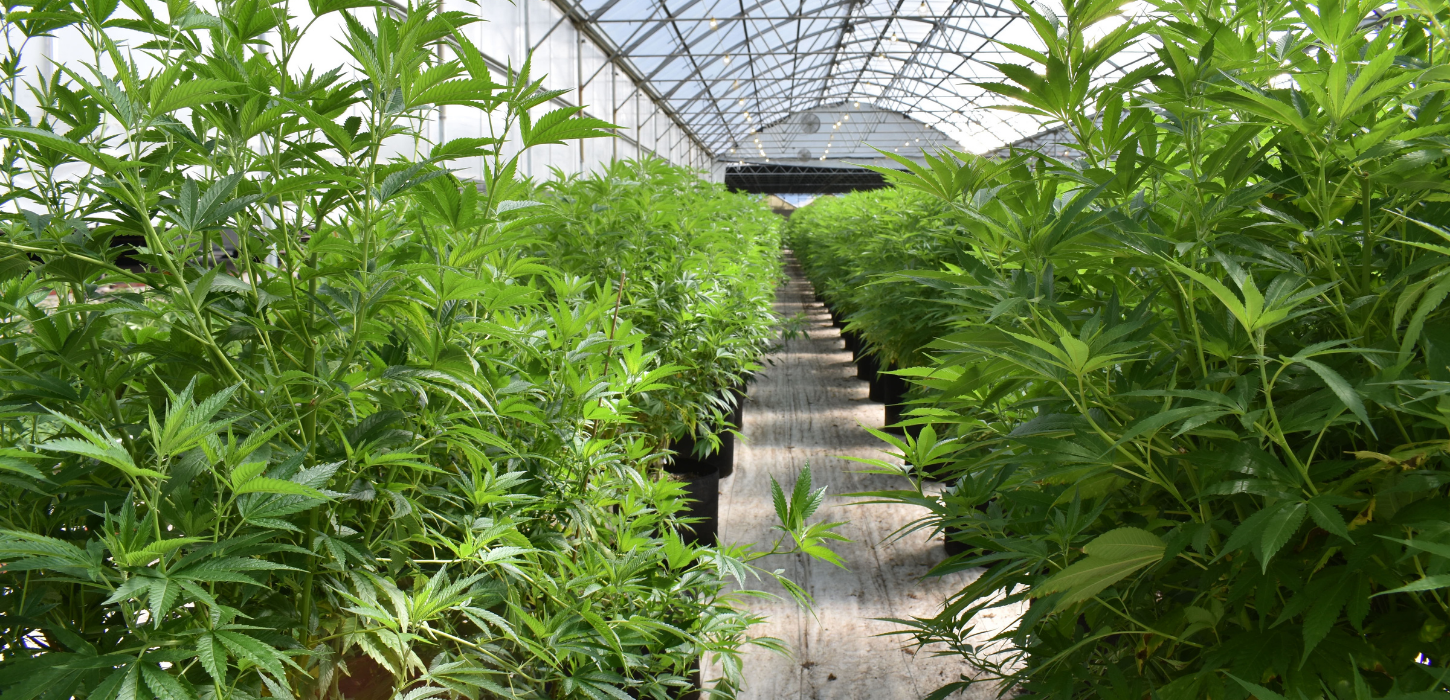New research estimates that Canadian cannabis producers will only be able to meet 30-60% of consumer demand when legalization goes into effect.
Canadian businesses are gearing up for a watershed moment: recreational cannabis legalization is set to arrive on October 17th, 2018. Over the past few months, Argentus has begun covering the cannabis industry’s intersection with our business: Supply Chain Management, hiring, and talent. We’ve dug into the massive Supply Chain opportunities and challenges for rapidly-scaling companies in this space, and interviewed Supply Chain executive Caroline Lalonde about regulatory hurdles and the skillsets that companies will need to succeed.
In the 21st century, supply chain management is no longer a back-office, transactional function – even if some lagging companies still see it that way. It’s a powerful – yet still often undersung – competitive differentiator for companies in any industry that brings a physical product to market. (In fact, it’s still a competitive differentiator for companies who don’t bring a physical product to market, who practice strategic Procurement, but that’s a topic for another day). Strong supply chain management allows companies to be:
- more flexible than their competitors,
- more resilient in the face of natural disasters and other external factors,
- more strategic,
- more transparent in an environment where consumers want to know where their products are coming from, and
- leaders in terms of social responsibility and environmental sustainability.
The cannabis industry represents a massive opportunity for Canadian companies to become Greenfield leaders in a promising global market, and the opportunities are many for companies who can link up the strongest supply chain, logistics and procurement operations. But it’s tough: unlike other industries, cannabis producers are navigating a regulatory framework that’s not only complex, but also rapidly evolving. Unlike other industries, they’re trying to navigate this tricky regulatory environment while also scaling up their production of a heretofore-black-market product to meet demand.
And they’re on a deadline.
It’s October 17th. That is, unless they want to leave profits on the table and sacrifice market share to their shrewdest competitors.
A new report from Bloomberg confirms that many of these inherent difficulties for Canadian producers are coming home to roost: according to research from the University of Waterloo and the C.D. Howe institute, Canadian cannabis producers will only be able to meet 30-60% of consumer demand when legalization goes into effect.
The researchers used data from Canada’s health agency about inventory, production, licensing, and capacity to predict that the legal cannabis supply will be approximately 210 tons. They used estimates from the federal government, as well as comparable data from pot-legal U.S. states like Colorado and Washington, to estimate Canada’s demand at 610 tons.
That macro picture points to a supply chain shortfall, which suggests that producers are unfortunately leaving profits on the table out of the gate. It also means that the government will lose out on approx. $774 million in expected revenue from sales taxes and excise taxes.
On the micro level Vic Neufeld, the CEO of Aphria, which is one of Canada’s largest Cannabis producers, issued a mea culpa through the Financial Post this week, saying that “short term supply chain issues” are preventing that company from meeting demand at the very beginning of legalization. While they’ve begun shipping initial orders, they predict that their supply – like many in the industry – won’t meet demand for at least three months. Neufeld called the challenges “startup-type problems.” He also identified a delay in getting government-issued excise stamps delivered to production facilities as a specific Supply Chain bottleneck – which casts blame for the short-term shortfall on regulators, as opposed to a lack of Supply Chain planning on their part.
Still, as Caroline Lalonde discussed in our interview, the best Supply Chain managers have an ability to work within a demanding, complex, and fluid regulatory environment to deliver products to customers on time. And as we’ve blogged about before, skilled Supply Chain professionals are often an under-appreciated factor in rapidly scaling a startup. Which isn’t to say that Aphria and other licensed producers are neglecting their Supply Chain Management. It just means that these problems might have been avoided. Many cannabis companies now join other high-profile companies who’ve left profits on the table because of Supply Chain snafus – and the specific players who have threaded the Supply Chain needle stand to profit in the early days.
Let’s be clear: we’re not forecasting a disaster for the industry, and it’s not the end of the world. We think that supply will eventually meet the demand, and government tax revenues will eventually line up with projections. It’s not an “I told you so.” But this shortfall is a reminder of the opportunity that still exists for companies who can best navigate Health Canada regulations and secure strong supply and distribution networks, even after legalization.
While – as we’ve covered – the task of ramping up a massive supply chain on a deadline is quite a challenge indeed, the industry’s troubles could act as a wake-up call for what other industries have long known: Supply Chain shortfalls can be a massive bottleneck to profitability, and are one of the more common limiting factors for rapidly-scaling companies.




0 Comments